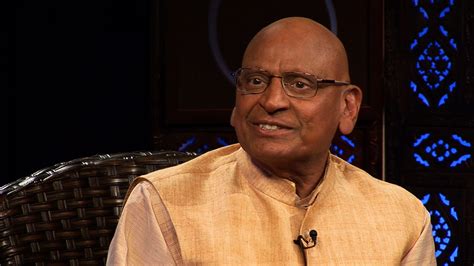A Quote by Eric Bentley
Even in a jungle, lovely flowers will spring up here and there, such being the fecundity of nature, and however badly our pastors and masters run our society, however much they pull to pieces that which they claim to be keeping intact, nature remains fecund, human beings are born with human traits, sometimes human strength outweighs human weakness, and human grace shows itself amid human ugliness. ‘In the bloodiest times,’ as our play has it, ‘there are kind people.’
Quote Topics
Badly
Being
Beings
Born
Claim
Even
Flowers
Grace
However
Human
Human Being
Human Beings
Human Strength
Intact
Itself
Jungle
Keeping
Kind
Kind People
Lovely
Masters
Much
Nature
Our
Our Past
Our Society
Pastors
People
Pieces
Play
Pull
Remains
Run
Shows
Society
Sometimes
Spring
Strength
Times
Traits
Ugliness
Up
Weakness
Which
Will
Related Quotes
Understanding human nature must be the basis of any real improvement in human life. Science has done wonders in mastering the laws of the physical world, but our own nature is much less understood, as yet, than the nature of stars and electrons. When science learns to understand human nature, it will be able to bring a happiness into our lives which machines and the physical sciences have failed to create.
No matter what part of the world we come from, we are all basically the same human beings. We all seek happiness and try to avoid suffering. We have the same basic human needs and concerns. All of us human beings want freedom and the right to determine our own destiny as individuals and as peoples. That is human nature.
It is my fundamental conviction that compassion - the natural capacity of the human heart to feel concern for and connection with another human being - constitutes a basic aspect of our nature shared by all human beings, as well as being the foundation of our happiness. All ethical teachings, whether religious or nonreligious, aim to nurture this innate and precious quality, to develop it and to perfect it.
When we unravel the theological tomes of the ages, the makeup of God becomes quite clear. God is a human being without human limitations who is read into the heavens. We disguised this process by suggesting that the reason God was so much like a human being was that the human beings were in fact created in God's image. However, we now recognize that if was the other way around. The God of theism came into being as a human creation. As such, this God, too, was mortal and is now dying.
The sciences that purport to treat of human things -- the new scientific storyings of the social, the political, the racial or ethnic, and the psychic, nature of human beings -- treat not of human things but mere things, things that make up the physical, or circumstantial, content of human life but are not of the stuff of humanity, have not the human essence in them.
If the basic human nature was aggressive, we would have been born with animal claws & huge teeth -- but ours are very short, very pretty, very weak! That means we are not well equipped to be aggressive beings. Even the size of our mouth is very small. So I think the basic nature of human beings should be gentle.

































